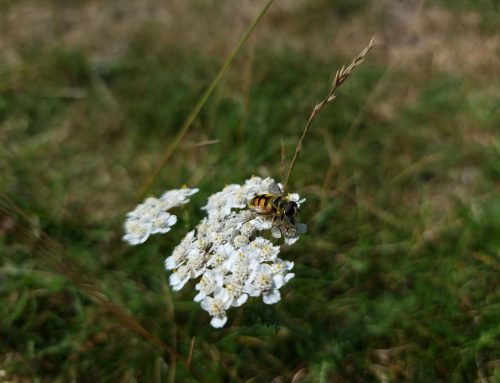Record heatwaves in Canada have led to over one billion marine animals dying, according to experts.
The temperature in Canada hit 40C for over five days – breaking records and leading to the death of around 500 people and many wildfires.
“The shore doesn’t usually crunch when you walk on it. But there were so many empty mussel shells lying everywhere that you just couldn’t avoid stepping on dead animals while walking around,” said marine biologist Christopher Harley.
“It was so hot when I was out with a student that we collected data for a little bit and then retreated to the shade and ate frozen grapes. But of course, the mussels, sea stars and clams don’t have that option.”
The death of so many shellfish will also impact water quality due to their role in filtering water.
“You can fit thousands on to an area the size of a stove top. And there are hundreds of kilometres of rocky beach that are hospitable to mussels. Each time you scale up, the numbers just keep getting bigger and bigger. And that’s just mussels. A lot of sea life would have died,” said Harley.
Experts are warning that Canada will have to quickly adapt to many more heatwaves in coming years and what it will mean for wildlife.
“The nerdy ecologist part of me is excited to see what will happen in the coming years. But most of the rest of me is kind of depressed by it. A lot of species are not going to be able to keep up with the pace of change. Ecosystems are going to change in ways that are really difficult to predict. We don’t know where the tipping points are,” added Harley.








Leave A Comment